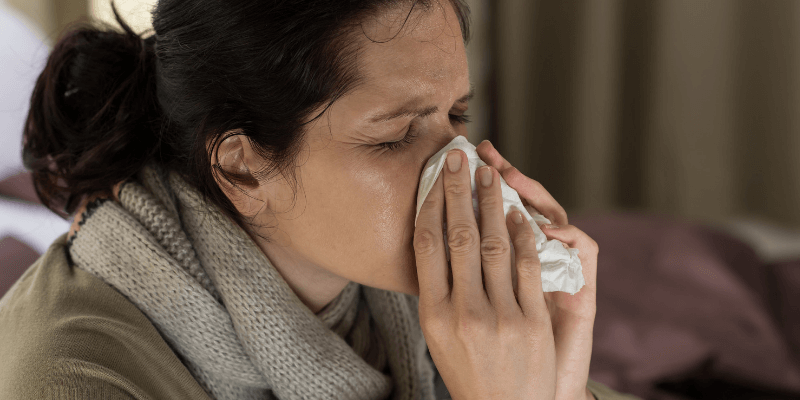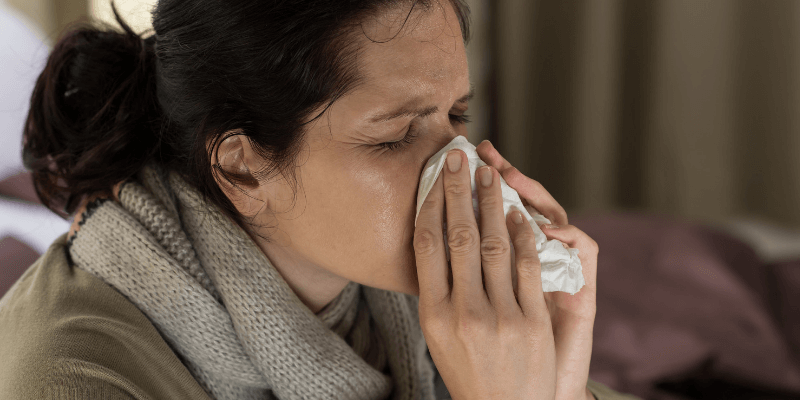The Importance of School Physicals

School Physical Importance
Did you know school physicals are required annually before the start of school each year? They are required for children and young adults of all ages. They ensure your child is healthy and have all their vaccinations up-to-date.
With physicals it allows your child to build their medical history so that their doctor can keep a record of your child’s development and progress over the course of time. Not only does this keep on top of emerging problems but stay informed on past illnesses and immunizations.
When receiving a school physical form, it allows your child’s pediatrician to accurately fill out the form based on record from growth and development from immunizations as well as health check-up throughout the year.
How can DOCS Urgent Care Help?
When coming to DOCS Urgent Care at any of our locations, one of our certified physicians will be happy to perform your child’s school physical exam. Walk-in or call and make an appointment with us. Once here, your child’s physical will include a review of health history, a performed exam, a signed form to bring back to school, and/or we will fax all applicable documents to specific institutions. We also provide the following vaccinations:
- Tetanus Diphtheria (TD)
- Tetanus Diphtheria Pertussis (TDAP)
- Polio (IPV)
- Varicella
- Yellow Fever
- Gardasil
- Pneumococcal
- Menactra
- MMR
- Hepatitis A (Pediatric)
- Hepatitis B (Pediatric)
- And More
As a leader in the industry of top quality medical care, we make sure you receive affordable and cost effective services from our trained professional staff. In addition to scheduling a school physical, you will ensure the wellbeing of your child to help them perform their best both mentally and physically. Call today to schedule your child’s school physical.
Recent Posts
- Prostatitis: Causes and Treatment Explained by a Primary Care Doctor in Southington, CT
- How to Keep Insects Away and Prevent Bites — Essential Tips from Urgent Care in Southington, CT
- Act Fast for Relief! 9 Reasons to Visit Urgent Care in Bridgeport, CT for Ear Pain
- Home Remedies for Heartburn Quick Relief — Urgent Care in North Haven, CT
- What Preventative Care Services Does a Primary Care Doctor in Southington, CT Offer?







